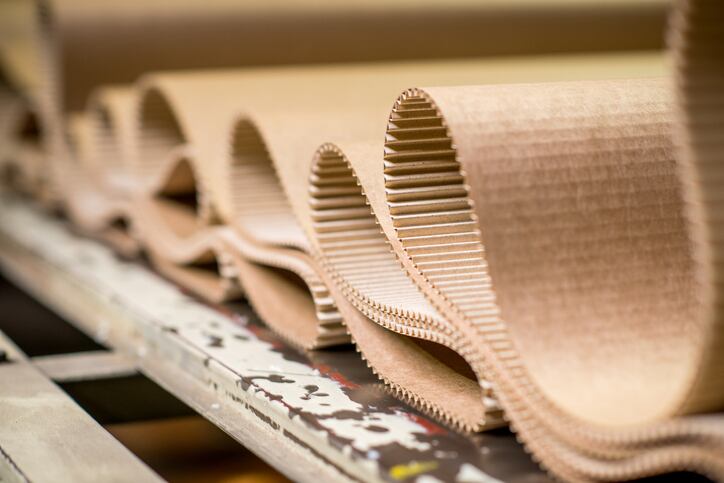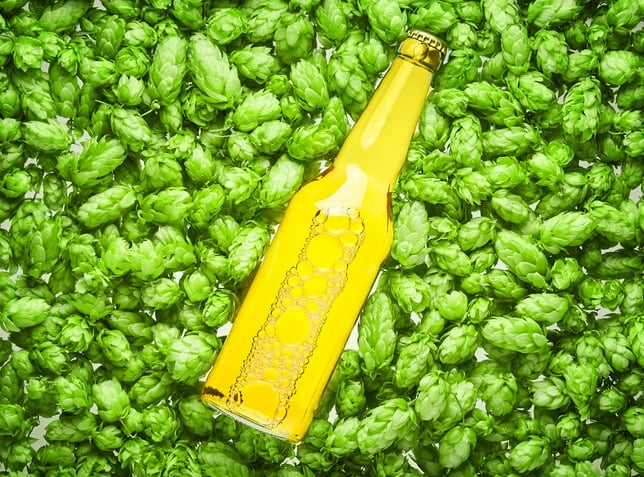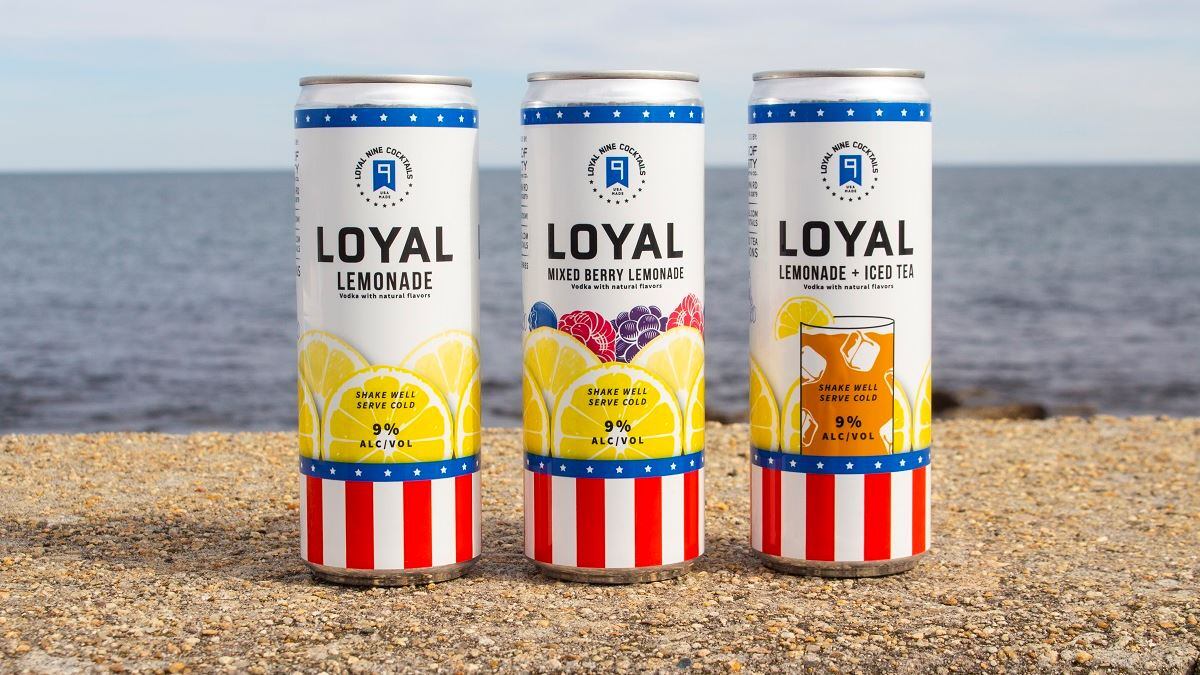Alongside venture management company Pilot Lite, the companies are aiming for large-scale production of renewable and recyclable paper bottles and containers that can degrade easily in nature.
While a number of paper bottle prototypes have been revealed and are already being piloted in certain markets, scaling up to mass production is the next challenge for the tech.
'The long term potential holds great promise - but the industrialization step remains'
Pulpex already has created PET-free bottles: made of sustainably-sourced wood fiber pulp and using proprietary food-grade coatings specially designed to be compatible with the beverage inside the bottle. It is also designed to be recycled in standard paper waste streams.
Diageo has already unveiled a paper bottle for Johnnie Walker; while PepsiCo and Unilever are working on similar projects.
Such bottles are manufactured by pressing various wood-based pulps into a three-dimensional shape in a moulding machine. Taking into account the bottles’ materials, production process, and overall life cycle: the bottles and containers would enable a significantly lower carbon footprint compared with glass or PET, according to Nordic pulp and paperboard company Stora Enso.
While paper board has been mass produced for years, bottles are a more complicated process.
“The production process is fundamentally different from that of existing paper board products," Sohrab Kazemahvazi, SVP Formed Fiber at Stora Enso, told this publication.
"In this process pulp is taken directly to form a 3D structure whereas for board products one usually creates a flat sheet which is then folded into a 3D structure. The long term potential of the new process holds great promise but the industrialization step remains before full speed and cost benefits are realized.”
For the beverage industry, however, the important comparison is not with paper board but with glass or PET bottles: with paper board needing to create a convincing alternative. The main challenges here are predominantly around increasing the productivity and durability of the paper bottle manufacturing process, said Kazemahvazi.
“Pulpex bottles are produced with a multi-patented process that involves pressuring pulp into single-mould containers, curing them in microwave ovens, and then spraying the bottles internally with a proprietary food-grade coating designed to be compatible with the products they are holding. With this partnership we aim to make this process speedy and efficient so that we can offer an economically viable alternative to other bottles.”
The partnership aims to produce paper bottles across a variety of market applications: from alcoholic and non-alcoholic beverages and liquid foods through to homecare and personal care products.
The customizable Pulpex bottle allows for embossing, labelling and coloured pigments to fit brand needs.
Manufacturing and the overall life cycle
Diageo, PepsiCo, Unilever, GSK Consumer Healthcare and Castrol are among the companies that have joined the Pulpex global partner consortium. Each company has committed to incorporating Pulpex technology into its brand packaging and collectively aim to produce 750m paper bottles per year.
The idea of a paper bottle is to offer a more sustainable package than glass or PET: Pulpex estimates that a paper bottle reduces the carbon footprint by 90% compared to glass and 30% compared to PET.
When it comes to manufacturing, glass bottles, for example, require a lot of energy.
Through to the end of the life cycle, there is also the question of how easy products are to recycle. According to the consortium, only around 30-40% of all plastic bottles in the EU/US are collected for recycling. However, for paper and cardboard recycling, the average is nearer 80%, just ahead of glass and aluminium (75-80%).




